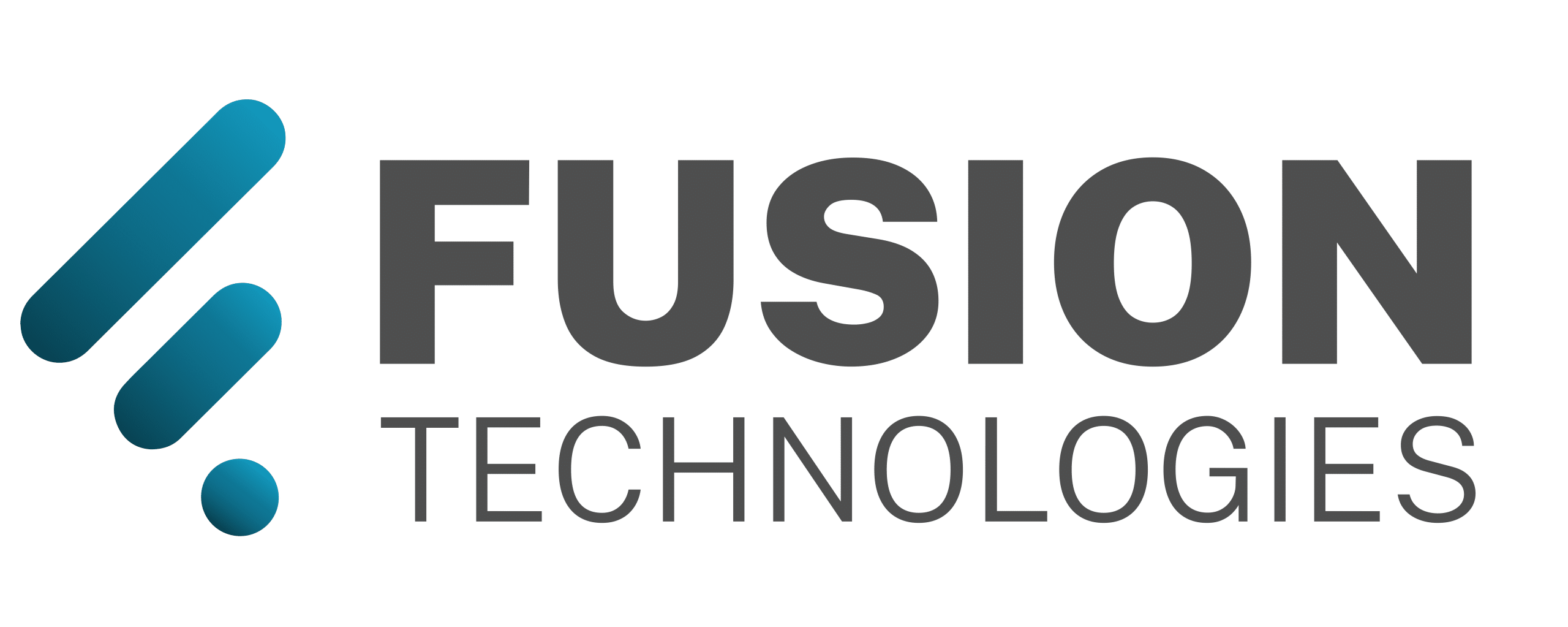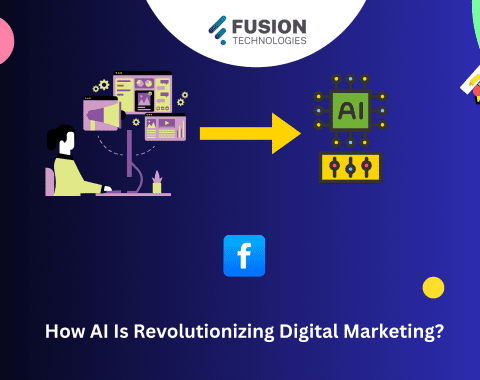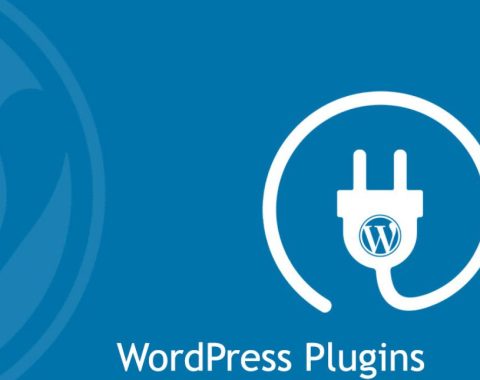It’s no coincidence that WordPress has grown to become the web’s most popular Content Management System (CMS) by a long margin. It’s a dependable, scalable platform used by businesses of all shapes and sizes, and agencies have been particularly successful when it comes to winning new business with this CMS.
From its vast ecosystem of plugins to the vibrant community of users and contributors that are constantly making improvements to its core software, WordPress makes it easy for agencies to deliver great-looking, dynamic websites that please their customers and keep in-house resources from burning out. And the thing that’s music to client’s ears – on time, on deadline and on budget.
Nonetheless, there are still plenty of agencies today that haven’t made the WordPress leap. Here are a few reasons that should finally change.
Win with open source
Today, WordPress powers more than 35% of the Internet and even more impressive, when a CMS is used for a website, WordPress is used in the majority (60%) of situations. One reason for this high rate of adoption is that WordPress is open source, meaning its source code is released under a GPL license, which grants users the right to study, change, and distribute it as they see fit.
Right away, this represents significant cost savings for agency clients, especially when you consider the upfront costs associated with proprietary content management software.
Take advantage of the WordPress ecosystem
Once WordPress is up and running, you can also begin leveraging its robust community of open source developers, who provide regular updates, security patches, and other helpful forms of collaboration to the growing ranks of WordPress users.
That community is also renowned for its regular contributions to the growing list of plugins and themes that offer users endless ways to customize and add new features to their websites. This ability to continuously add functionality represents the polar opposite of the paid software pricing model, which can seriously diminish an agency’s bottom line. From the moment you install WordPress, you have full control over it, and the wide ecosystem of compatible themes, martech plugins, analytics plugins and many others at your fingerprints offer an almost limitless range of additional options.
WordPress is optimized for SEO
Search Engine Optimization (SEO) remains a priority for agencies of all sizes. WordPress can lend a hand here too, as almost all of the prominent search engines today (Google, Bing, etc.) simply understand websites that are powered by WordPress.
Right out of the box, WordPress provides better SEO optimization than many other CMS platforms. By adding extra features or leveraging additional plugins, agencies can take this default SEO optimization to an even higher level. SEO plugins like Yoast, which is used on more than five million WordPress sites, can quickly add high-powered SEO optimization to any WordPress site.
WordPress supports multilingual sites
Building a site that supports different languages can certainly be a challenge. With WordPress, however, you can create multilingual sites quickly. Web agencies often do this by integrating Google Translate with their development project or by using free (Polylang) and premium (WPML) plugins that make this process easier. WPML is a great way to build multilingual sites and run them, and it’s powerful enough for enterprise-grade websites, yet simple enough for blogs.




